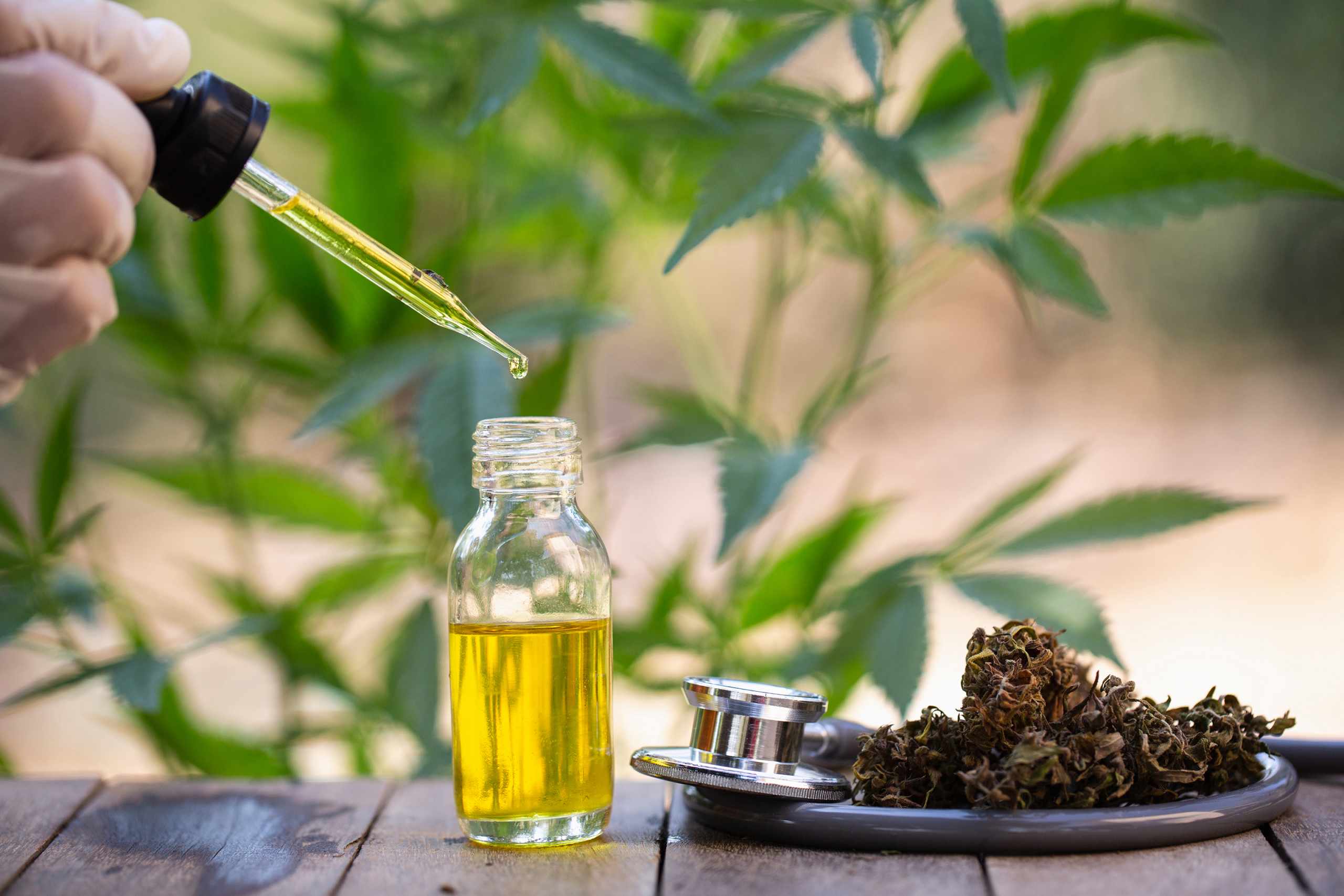Having a runny nose can be bothersome, causing discomfort and interrupting daily activities. When you’re seeking quick relief, it’s natural to wonder how to stop a runny nose instantly. While it’s not always possible to halt a runny nose instantly, there are several strategies and remedies that can help alleviate the symptoms and provide temporary relief. This article will explore various methods that may help you manage and reduce a runny nose quickly, allowing you to breathe more easily and get back to your routine. It’s important to note that individual responses to these methods may vary, and for persistent or severe symptoms, it’s advisable to consult with a healthcare professional for proper evaluation and guidance.
Table of Contents
Step to Step guide: How to stop a runny Nose Instantly?
To stop a runny nose instantly, you can try these quick remedies:
- Blow your nose gently to clear out excess mucus.
- Use a saline nasal spray to help moisturise and soothe the nasal passages.
- Apply a warm compress over your nose and sinuses to alleviate congestion.
- Take an over-the-counter antihistamine or decongestant, following the recommended dosage.
- Stay hydrated by drinking plenty of fluids to thin the mucus.
- Avoid irritants such as smoke, strong odours, and allergens that can worsen nasal symptoms.
What are some quick remedies to stop a runny nose instantly?
If you search for the answer of How to stop a runny Nose Instantly? there are several quick remedies that can help alleviate the symptoms and provide temporary relief. Here are some options you can try:
- Blow your nose gently: Blowing your nose can help remove excess mucus and provide temporary relief from a runny nose. Remember to do it gently to avoid irritating the nasal passages.
- Use saline nasal sprays: Saline nasal sprays help moisturise and flush out the nasal passages, reducing congestion and easing a runny nose. They are available over-the-counter and can be used as needed.
- Apply a warm compress: Placing a warm compress or towel over your nose and sinuses can help soothe the nasal passages, reduce congestion, and provide temporary relief.
- Stay hydrated: Drinking plenty of fluids, such as water, herbal tea, or clear broths, can help thin the mucus and ease a runny nose. Staying hydrated also supports overall respiratory health.
- Use over-the-counter remedies: Over-the-counter antihistamines or decongestants can provide relief from a runny nose caused by allergies or congestion. However, it’s important to read and follow the instructions and consult a healthcare professional if you have any underlying medical conditions or are taking other medications.
- Avoid triggers: If you know specific triggers, such as allergens or irritants, that cause your runny nose, try to avoid them as much as possible to minimise symptoms.
- Use a humidifier: Adding moisture to the air with a humidifier can help alleviate nasal congestion and keep the nasal passages hydrated, reducing the severity of a runny nose.
Remember, these remedies offer temporary relief and may not completely stop a runny nose instantly. If you experience persistent or severe symptoms, it’s advisable to consult with a healthcare professional for proper evaluation and guidance.
Can I stop a runny nose immediately without medication?
While it may be challenging to stop a runny nose immediately without medication, there are some non-medical approaches you can try to alleviate the symptoms. These methods may provide temporary relief and help you manage a runny nose:
- Nasal Irrigation: Using a saline solution or a neti pot, you can flush out the nasal passages to clear mucus and reduce congestion. This can provide temporary relief from a runny nose.
- Steam Inhalation: Inhaling steam from a bowl of hot water or taking a hot shower can help moisturise the nasal passages, loosen mucus, and provide temporary relief.
- Warm Compress: Applying a warm compress over the nose and sinuses can help soothe inflammation, reduce congestion, and provide temporary relief from a runny nose.
- Stay Hydrated: Drinking plenty of fluids, such as water, herbal tea, or warm soups, can help thin the mucus and keep the nasal passages moist, potentially reducing the severity of a runny nose.
- Avoid Triggers: If you are aware of specific triggers, such as allergens or irritants, that worsen your runny nose, try to avoid them as much as possible to minimise symptoms.
- Rest and Relaxation: Getting sufficient rest and managing stress levels can support overall immune function and help reduce symptoms of a runny nose.
While these methods can provide some relief, it’s important to note that their effectiveness may vary from person to person. If you have persistent or severe symptoms, it’s advisable to consult with a healthcare professional for proper evaluation and guidance. They can provide personalised recommendations and determine if medication is necessary in your specific case.
How can I instantly relieve a runny nose naturally?
While it may not be possible to instantly relieve a runny nose naturally, there are several natural remedies that can help alleviate the symptoms and provide relief. Here are some methods you can try:
- Saline Nasal Rinse: Use a saline solution or a neti pot to flush out the nasal passages. This can help clear mucus, reduce congestion, and provide temporary relief from a runny nose.
- Steam Inhalation: Inhaling steam from a bowl of hot water or taking a hot shower can help moisturise the nasal passages, loosen mucus, and provide temporary relief.
- Warm Compress: Applying a warm compress over the nose and sinuses can help soothe inflammation, reduce congestion, and provide temporary relief from a runny nose.
- Stay Hydrated: Drinking plenty of fluids, such as water, herbal tea, or warm soups, can help thin the mucus and keep the nasal passages moist, potentially reducing the severity of a runny nose.
- Spicy Foods: Eating spicy foods, such as chilli peppers or horseradish, can help clear congestion and promote nasal drainage, providing temporary relief from a runny nose.
- Peppermint Essential Oil: Inhaling peppermint essential oil or applying it diluted on the chest or under the nose may help relieve nasal congestion and reduce a runny nose. However, it’s important to use essential oils with caution and follow proper dilution guidelines.
- Propping up the Head: Elevating your head with an extra pillow or using a wedge pillow while sleeping can help reduce nasal congestion and minimise the severity of a runny nose.
It’s important to note that while these natural remedies can provide some relief, they may not instantly stop a runny nose. Additionally, individual responses to these methods may vary. If you have persistent or severe symptoms, it’s advisable to consult with a healthcare professional for proper evaluation and guidance.
Are there any home remedies for immediate relief from a runny nose?
While immediate relief from a runny nose may not be achievable through home remedies alone, there are several methods you can try to alleviate the symptoms and promote faster recovery. How to stop a runny Nose Instantly? Although results may vary from person to person, here are some home remedies that may provide some degree of relief:
- Drink Warm Fluids: Consuming warm fluids like herbal teas, clear broths, or warm water with honey and lemon can help soothe the throat, thin the mucus, and provide temporary relief.
- Steam Inhalation: Inhaling steam from a bowl of hot water or using a facial steamer can help moisten the nasal passages, loosen mucus, and alleviate a runny nose.
- Saline Nasal Rinse: Using a saline solution or a neti pot, rinse your nasal passages to flush out excess mucus and reduce nasal congestion.
- Nasal Strips: Applying adhesive nasal strips across the bridge of the nose can help open up the nasal passages and improve airflow, providing relief from a runny nose.
- Warm Compress: Applying a warm compress or warm towel over the sinus area can help soothe inflammation, ease congestion, and provide temporary relief.
- Ginger or Garlic: Consuming ginger tea or incorporating garlic into your meals may have decongestant properties and can help relieve a runny nose.
- Stay Hydrated: Drinking plenty of fluids, particularly water, can help thin the mucus and keep your body hydrated, potentially reducing the severity of a runny nose.
Remember that these remedies may provide varying degrees of relief and may not provide immediate results. If your symptoms persist, worsen, or are accompanied by other severe symptoms, it’s important to consult with a healthcare professional for proper evaluation and guidance.
Is there a way to instantly clear a runny nose without blowing my nose?
While blowing your nose is one of the most effective ways to clear a runny nose, there are a few techniques you can try to alleviate the symptoms without relying solely on blowing your nose:
- Nasal Massage: Gently massaging the areas around your nose, sinuses, and bridge of the nose can help stimulate blood flow and promote drainage of the excess mucus. Use your fingertips to apply light pressure in circular motions.
- Steam Inhalation: Inhaling steam from a bowl of hot water or taking a hot shower can help moisten the nasal passages, loosen mucus, and promote drainage. This can provide temporary relief without the need to blow your nose forcefully.
- Nasal Saline Rinse: Using a saline solution or a neti pot, you can rinse your nasal passages to flush out excess mucus and promote drainage. This method can be gentler on the nose compared to blowing forcefully.
- Nasal Strips: Applying adhesive nasal strips across the bridge of the nose can help open up the nasal passages, improve airflow, and potentially reduce the need for forceful blowing.
- Stay Hydrated: Drinking plenty of fluids, such as water, herbal tea, or warm soups, can help thin the mucus and keep your nasal passages moist, which may make it easier for the mucus to drain naturally.
It’s important to note that while these techniques may provide relief, they may not instantly clear a runny nose without blowing. Blowing your nose when necessary can help remove excess mucus and provide more immediate relief.
However, if you find blowing your nose uncomfortable or if you have specific concerns, it’s advisable to consult with a healthcare professional for proper evaluation and guidance.
Can certain foods or drinks help stop a runny nose instantly?
While specific foods or drinks cannot instantly stop a runny nose, certain choices may help alleviate symptoms or provide temporary relief. Here are a few options to consider:
- Warm Liquids: Drinking warm liquids like herbal teas, clear broths, or warm water with honey and lemon can help soothe the throat, thin mucus, and provide temporary relief from a runny nose.
- Spicy Foods: Eating spicy foods, such as chilli peppers or horseradish, can help clear nasal congestion by promoting mucus thinning and improving airflow. However, the effect may be temporary and vary from person to person.
- Citrus Fruits: Consuming vitamin C-rich foods like oranges, lemons, or grapefruits may support immune function and help reduce the severity of cold or allergy symptoms, including a runny nose.
- Warm Soups: Enjoying warm soups, particularly those with ingredients like ginger, garlic, or chicken broth, can provide warmth, hydration, and potential relief from nasal congestion.
- Herbal Remedies: Some herbal remedies, like eucalyptus tea or peppermint tea, are believed to have decongestant properties. However, it’s important to consult with a healthcare professional or herbalist before trying herbal remedies, especially if you have any underlying health conditions or are taking medications.
While these food and drink choices may provide temporary relief or help alleviate symptoms, they do not offer an instant solution for stopping a runny nose. It’s important to address the underlying cause of your runny nose and consult with a healthcare professional for proper evaluation and guidance, particularly if your symptoms persist or worsen.
Frequently Ask Questions
Q: Can I stop a runny nose instantly?
A: Instantly stopping a runny nose is challenging, but there are methods to alleviate the symptoms and promote relief.
Q: What causes a runny nose?
A: A runny nose can be caused by various factors, including common cold, allergies, sinus infections, irritants, or environmental factors.
Q: Are there any medications that can instantly stop a runny nose?
A: Over-the-counter nasal sprays or antihistamines may provide temporary relief, but they may not act instantly. It’s important to follow the instructions and consult a healthcare professional if needed.
Q: Are there any natural remedies to stop a runny nose instantly?
A: While natural remedies may provide relief, instant relief from a runny nose is unlikely. However, methods like steam inhalation, saline nasal rinses, or applying warm compresses may help alleviate symptoms.
Q: How long does a runny nose typically last?
A: The duration of a runny nose can vary depending on the cause. It usually resolves within a few days to a week, but if symptoms persist or worsen, it’s advisable to seek medical attention.
Q: Can certain foods or drinks help stop a runny nose instantly?
A: While specific foods or drinks cannot instantly stop a runny nose, warm fluids like herbal teas or clear broths may provide temporary relief.









